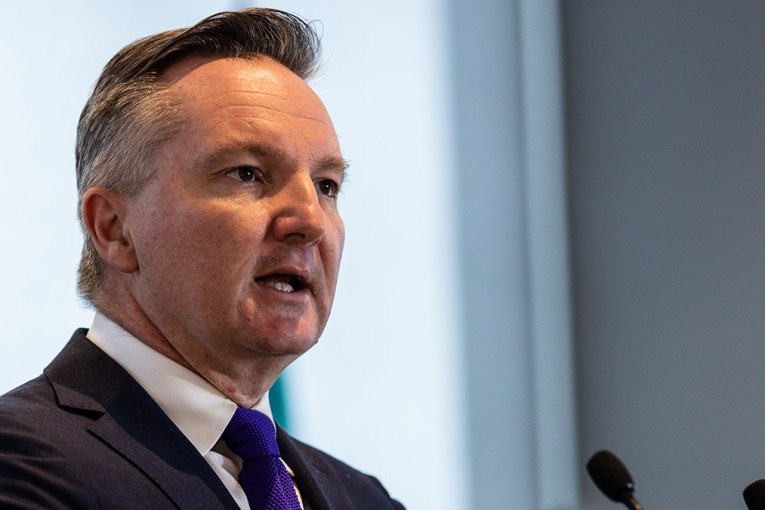Solar power subsidies could go
The report into the Government’s scheme to build a 20 per cent target of renewable energy by 2020 has found there is a “strong case for winding back” financial support for such small-scale energy systems.
It says the program should be either closed immediately or dramatically cut back.
• Renewable Energy Target cut would hit budget: modelling
• The one-off splurges that will save you money
The review, headed by company director and former Reserve Bank board member Dick Warburton, also found that support for larger renewable energy projects should be either closed to new companies or scaled back.
Significant falls in the cost of solar panels and an increase in power prices has led the review to conclude that “the small-scale renewable energy industry is becoming commercially viable”.
Industry Minister Ian Macfarlane told ABC’s PM program the Government would consider the report over the next few weeks.
But he said the Renewable Energy Target’s (RET) original aim of encouraging households to embrace solar panels has succeeded, with nearly 2 million homes installing them.
“That’s certainly been achieved in spades,” he said.
The review found that the installation of small-scale systems, which also includes heat pumps and small-scale wind systems, has far exceeded expectations, with output already above levels forecast for 2020.
But the solar industry and its supporters say the review is biased and scrapping the subsidies will mean thousands of job losses.
John Grimes from the Solar Council has warned of the political cost to the Government.
“If the Prime Minister thinks that all of his backbenchers can keep [their] jobs while 8,000 people in the solar industry lose theirs, well I’ve got to tell you you’ve got another thing coming,” he said.
In other key points, the review also found that:
• The RET will cost $22 billion in cross-subsidies if it is not changed;
• Renewable energy generation has almost doubled under the RET;
• The RET is exerting some downward pressure on wholesale electricity prices;
• the RET has delivered a “modest level” of reductions in greenhouse emissions but is a “high cost approach” to delivering that aim.
“In the presence of lower cost alternatives [to reducing emissions], the costs imposed by the RET are not justifiable,” the review states.
The RET was initially set up by the Howard government to encourage investment in electricity produced from sources like solar and wind.
But the Rudd government expanded the RET scheme to mandate 20 per cent of all electricity would come from renewable by 2020.
Greens leader Christine Milne said the report is full of “climate-denier drivel”.
“The Prime Minister has made a decision that he wants to prop up coal,” she said.
The Greens have protested the appointment of Mr Warburton as head of the review because he has previously lobbied against the carbon price on behalf of manufacturers.
Mr Warburton has also said he is sceptical about human-induced global warming but is not a climate change denier.








